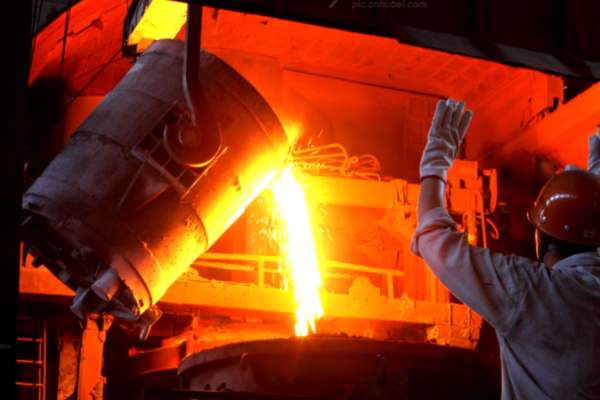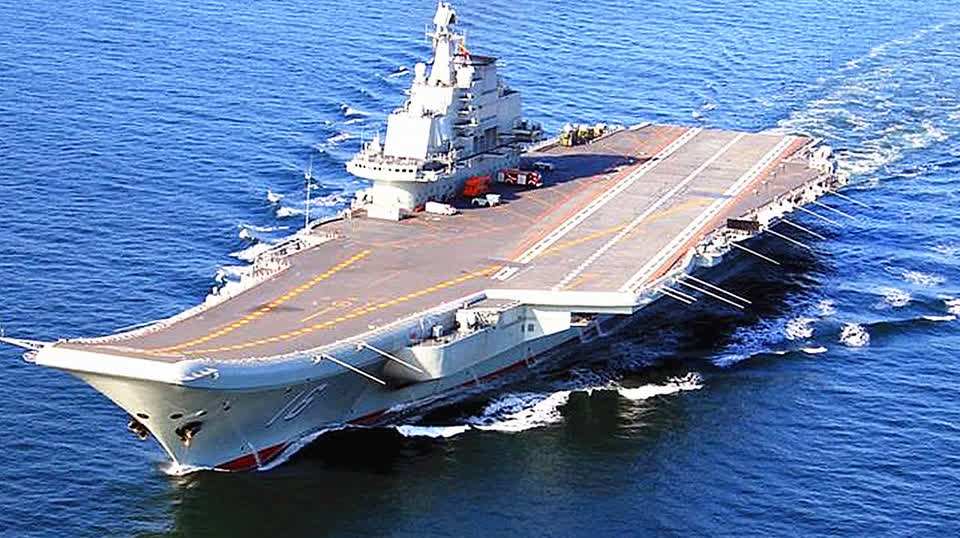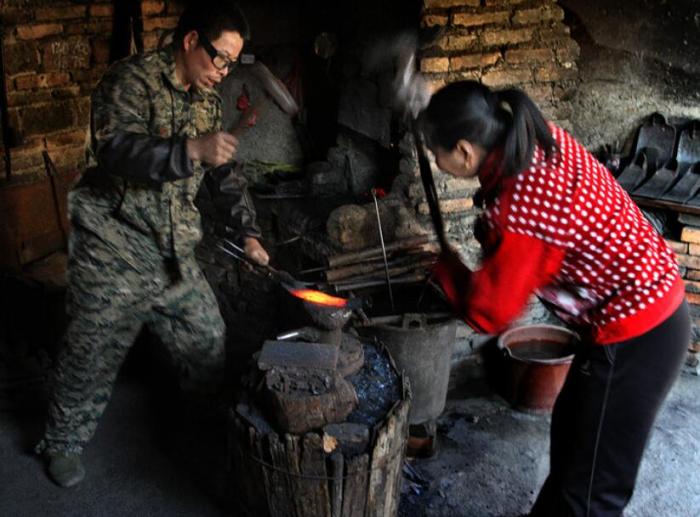How is the quality of steel in China?
Generally speaking, the quality of low-end steel in China is no problem, but there is still a certain gap between the quality of high-end equipment steel and that of foreign developed countries.
Low end ordinary steel includes: 1. Ordinary carbon structural steel Q235B, Q345B, Q345R, Q235R; 2. Low alloy medium strength structural steel Q390, Q420, Q460; 3. High quality carbon structural steel 10, 20, 30, 45, 50, etc.; 4. And alloy structural steel 15mn, 20Mn, 30mn, 35Cr, 40Cr, 42CrMo, 65Mn, all of which are qualified and can replace foreign ones without problems. (because there are so many type and grades, here I give the most commonly used type and grades I have known, sorry for my limitations here.). All major steel mills in China can produce these same foreign grades of steel according to ASTM, JIS, en and other standards. For example, ASTM A572 grade 50, A36, ASTM a29m 5140; AISI 4140; ASTM 1045, DIN en10083-1 41Cr4 / 42gr4, 42CrMo4; din en10083-2 C45;

In 2018, China exported 69.336 million tons of steel. According to the Customs Statistics in 2017, China's steel exports are mainly concentrated in East Asia and Southeast Asia. South Korea was the largest market for China's steel exports in that year, followed by Vietnam, the Philippines, Thailand, Indonesia and Middle East countries. From January to November 2018, according to the categories, steel exports are mainly rod and wire, plate and tube products, accounting for 89% of the total; according to the specific varieties, they are mainly concentrated in rod, wire, medium plate, medium thick and wide steel strip, plating plate, coating plate, welded pipe and seamless pipe, accounting for 5.6% - 18.6% of the total, accounting for 78.4%.
In addition, China exports a large number of steel fabrication products and machining parts every year, which mostly are made of Chinese steel materials, such as building steel structure, steel frame, steel plate fabrication, machining parts, etc., most of which are made of steel materials mentioned above, which also shows that the quality of these ordinary steel materials from China steel mills is no problem. But we need to remind that there are quite number of steel mills in China, and the quality of many small steel mills is not stable, when foreign customers purchase Chinese steel materials, they must choose the big steel mills in China.

However, there are still many gaps between China's high-end equipment steel materials and advanced countries in terms of technological development level, variety quality status, and industrial competitiveness.
First, the steel production technology is backward and the ability of independent product development is weak.
As a whole, the product structure of steel materials for high-end equipment in China is low-end, and the key basic steel materials for some high-end equipment and core components are heavily dependent on imports, and the key technologies are restricted. Such as special corrosion-resistant oil well pipe, marine corrosion-resistant steel, high-speed railway axle and bearing steel, high-standard mold steel and other key basic steel products still can not meet the demand, so they need to be vigorously developed.
Second, the connection between product R & D and downstream market demand is not smooth.
The development of key iron and steel materials requires a large number of equipment manufacturing enterprises and steel production enterprises, universities and scientific research institutes to cooperate with each other. However, the loose cooperation among enterprises, the lack of collaborative innovation ability, and the lack of close combination of product development agencies and users' actual needs,which have seriously hindered the development of key basic steel required by high-end equipment.
Third, the relevant standards can not meet the requirements of the rapid development of the steel industry. In addition, there is also the phenomenon that the level of fine management and production is low, and the level of production technology lags behind the level of equipment.
What is the gap between China and foreign high-end steel products?
In terms of offshore engineering equipment and key steel for high-tech ships, China needs to develop high-end steel products. At present, 90% of China's marine equipment steel can be self-sufficient in terms of consumption, but 70% of high-end marine equipment steel is still blank or heavily dependent on imports in terms of variety and specification. (see Table 1).
Table 1:Comparison of key high-end steel products at home and abroad
|
Key material |
Domestic advanced materials |
International advanced materials |
Self evaluation |
|
High strength thick plate |
460-690mpa, class E preheating before welding 80-120 ° C |
460-690mpa, F room temperature without preheating before welding |
Same level |
|
690mpa rack steel extra thick plate |
620MPa class E thickness 114-152mm |
620-720mpa class F 127-256mm |
behind |
|
Large diameter and high strength seamless steel pipe |
690-720mpa, maximum thickness of Grade E is 20mm |
690-720mpa, maximum thickness of grade F 40mm |
behind |
|
High strength and large specification H-beam, T-beam |
355-390mpa, thickness of Grade E flange is less than 40mm |
460-550mpa, class F flange thickness 100mm, web length 430mm |
behind |
|
High strength and large specification flat steel |
Non quenched and tempered 355MPa, grade D maximum thickness specification 36# |
Non quenched and tempered 390mpa, Grade E maximum thickness specification 43# |
behind |
|
Cargo tank corrosion resistant steel |
315-355mpa upper deck ECL = 1.28mm, inner bottom plate C.R. = 0.24mm/a |
315-355mpa upper deck ECL = 1.53mm, inner bottom plate C.R. = 0.5mm/a |
Same level |
In the aspect of superalloy materials used in aerospace engines and gas turbines, China is still in the following stage. However, objectively speaking, the gap between China and the advanced countries in the research and production level of superalloys is getting closer. (see Table 2).
Table 2 :Comparison of key superalloy materials at home and abroad
|
Key material |
Domestic advanced materials |
International advanced materials |
Self evaluation |
|
Deformed superalloy for turbine disk |
The maximum usage of practical alloy is about 700 ° C |
The maximum usage of practical alloy is about 750 ° C |
Following |
|
Powder Superalloy for turbine disk |
Batch application of the first generation and successful development of the second generation |
Second generation batch application, third generation development success |
Following |
|
Single crystal superalloy for turbine blades |
The first and second generations are applied in batch, and the third and fourth generations are developed successfully |
Three and four generations of application |
Following |
In terms of steel used in new high-speed railway and urban rail, China's development is not balanced. At present, China's EMU technology is in the leading position in the world, but the production of key materials for wheel sets, bogies and gearboxes is still in the following or parallel stage. Among them, the application time of high-speed wheels in China is relatively short, the research and development start is relatively late, The time of learning, absorbing and re innovating is also short, the accumulation of knowledge and application data of original innovation is little, and some of them still rely on imports; As for the high-speed train axle, the domestic high-speed train axle mainly depends on imports, and China lacks systematic technical reserves and accumulation in the technical requirements, material technical standards and other aspects of the high-speed train axle; As for the bearings for high-speed trains, the bearing brands of domestic high-speed trains are all European and Japanese. There is a certain gap between the stability and fatigue life of China's vacuum degassing bearing steel and foreign high-quality vacuum degassing steel (high-speed train bearing steel).
In terms of steel for key components of large aircraft structure, China's overall level can basically meet the requirements of national defense and military industry, equipment manufacturing and national economic development, but there is still a large gap compared with the international advanced level.


Energy, transportation, aviation and marine engineering are important strategic pillar industries in China. The development of 700 ℃ ultra supercritical power station, high-speed rail, civil aviation, high-end automobile, deep sea engineering and other fields will all reflect the core competitiveness of high-end equipment in China.


